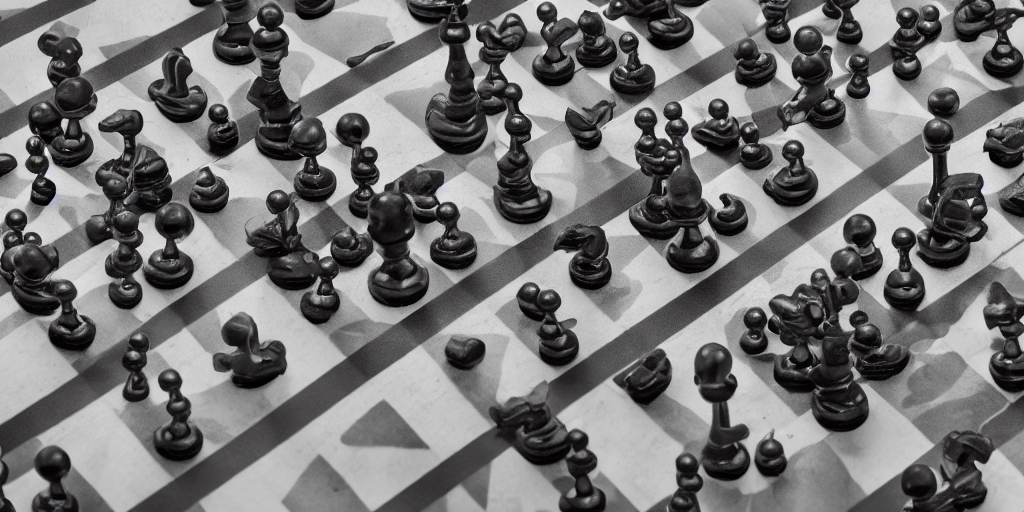The claim that a game of chess has more possible iterations than atoms in the known universe is valid. While the number of atoms in the universe is incomprehensibly large, the possibilities in a game of chess are even more remarkable. By understanding this fact, we can appreciate the depth and complexity of the chess game and feel empowered by the knowledge that such a seemingly simple board game can surpass even the vastness of the universe in terms of possibilities.
There are more possible iterations of a game of chess than there are atoms in the known universe fact

One claim has caught our attention in a world full of facts and mind-boggling comparisons: “There are more possible iterations of a game of chess than atoms in the known universe.” This statement may seem unfathomable, so let’s do the math.
The Claim
The claim states that the number of potential games of chess, or unique sequences of moves, exceeds the number of atoms in the known universe.
Let us examine the number of atoms in the known universe.
According to a 2013 study by the European Space Agency’s Planck mission, the observable universe contains around 10^80 atoms (Planck Collaboration, 2013). This number is already staggering and challenging to comprehend.
Now let us turn our attention to chess.
In 1950, mathematician Claude Shannon calculated an estimate for the game-tree complexity of chess, which he placed at around 10^120 (Shannon, 1950). This figure represents the number of possible iterations or unique game move sequences.
Comparing the Numbers
When we put the numbers side by side, we can see that there are indeed more possible iterations of a game of chess (10^120) than atoms in the known universe (10^80). This comparison is astonishing and demonstrates the incredible complexity and depth of the chess game.
Planck Collaboration. (2013). Planck 2013 results. I. Overview of products and scientific results. Astronomy & Astrophysics, 571, A1. https://doi.org/10.1051/0004-6361/201321529
Shannon, C. E. (1950). Programming a computer for playing chess. Philosophical Magazine, 41(314), 256-275.
